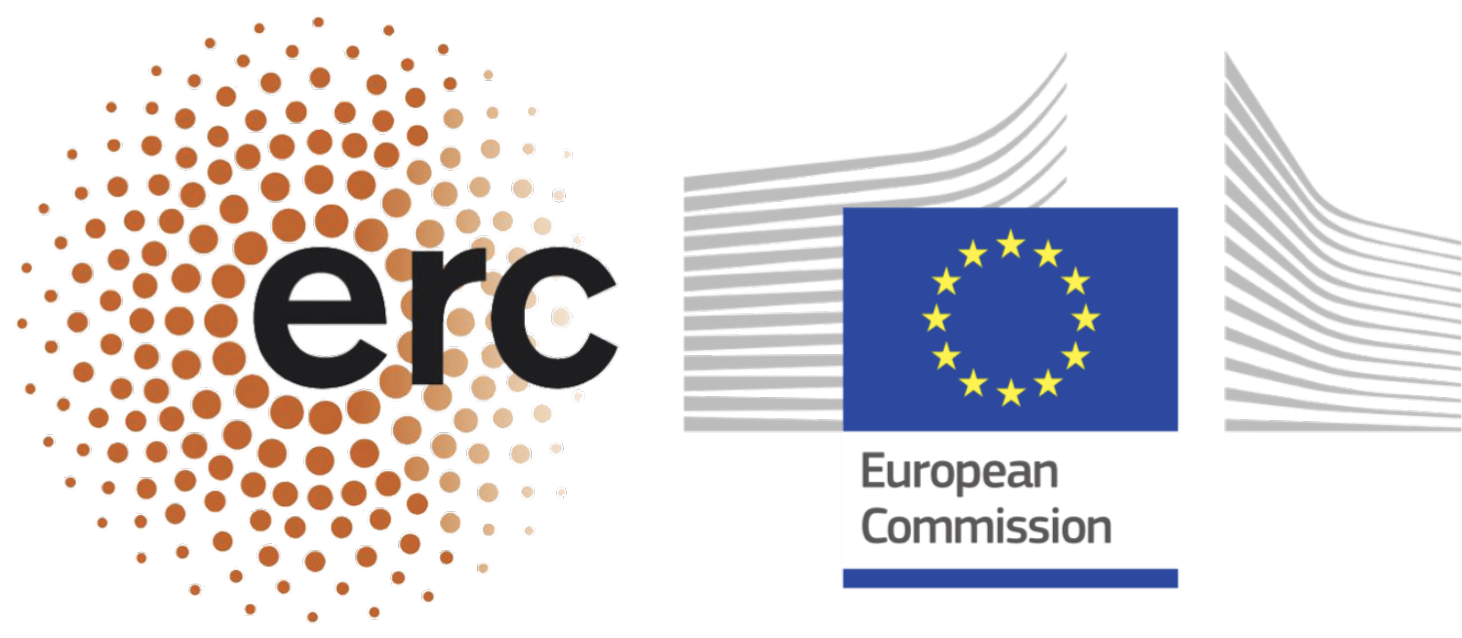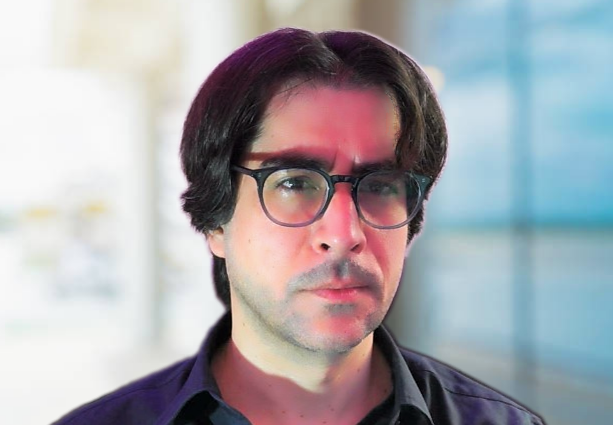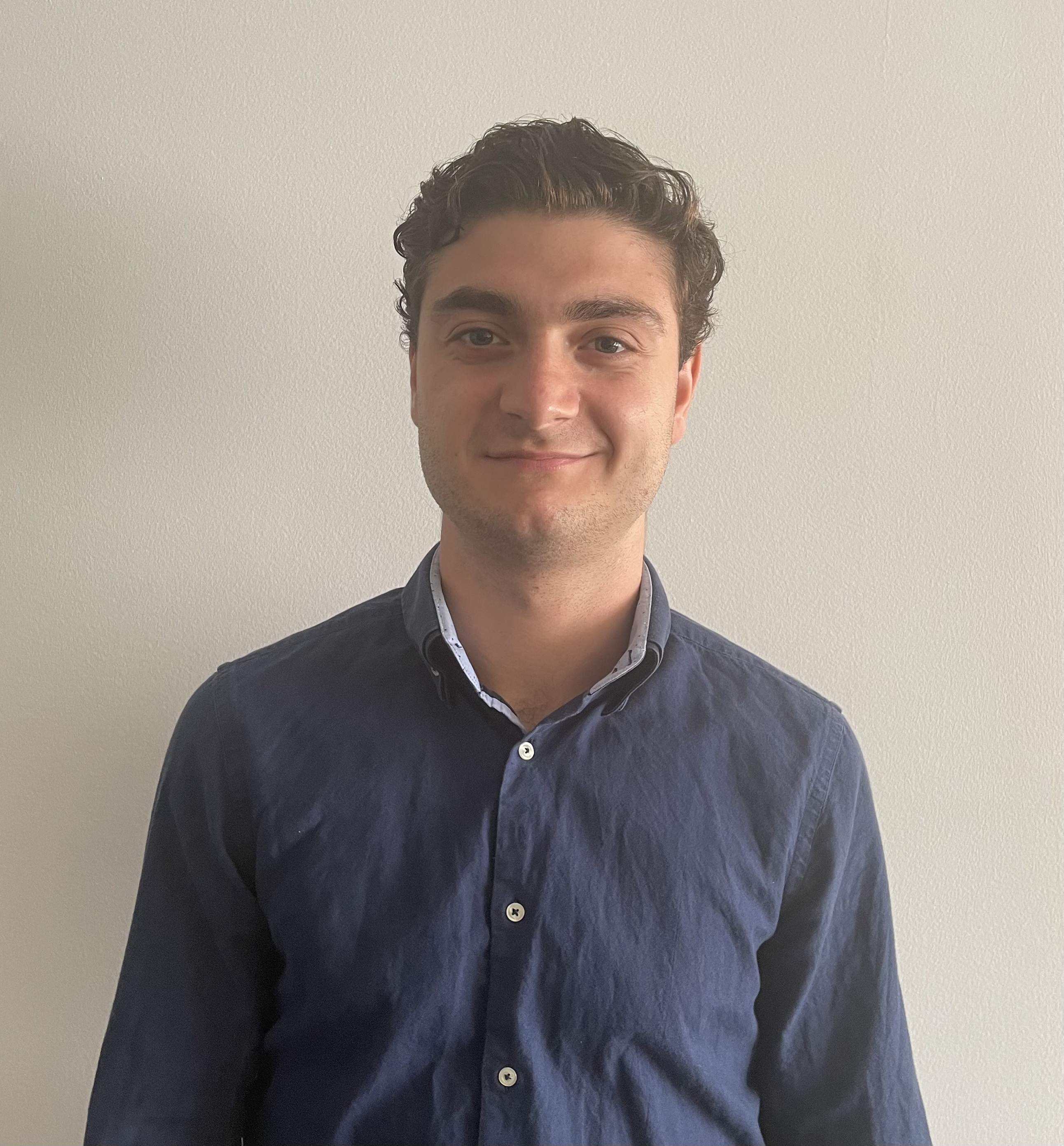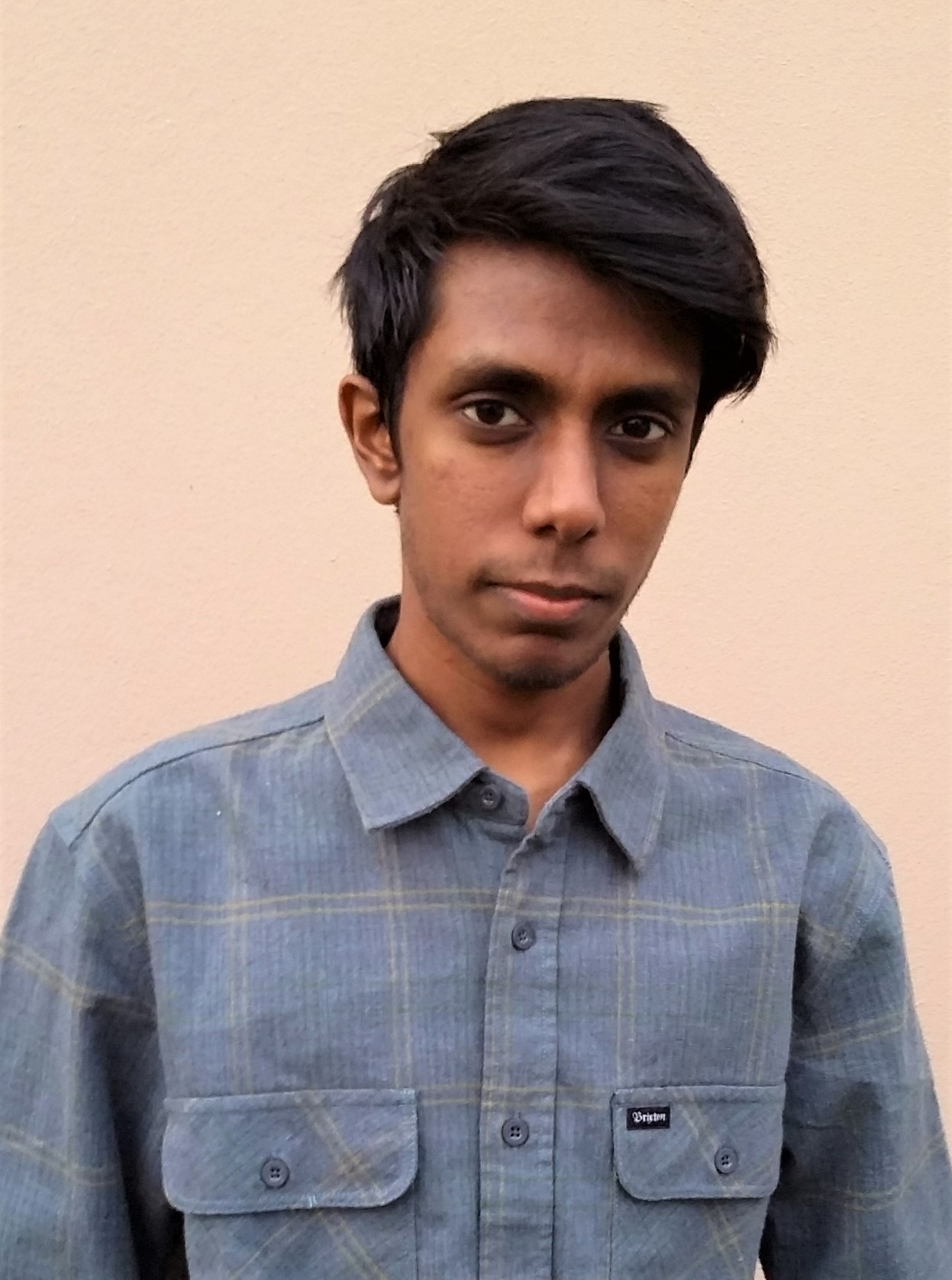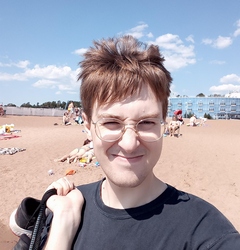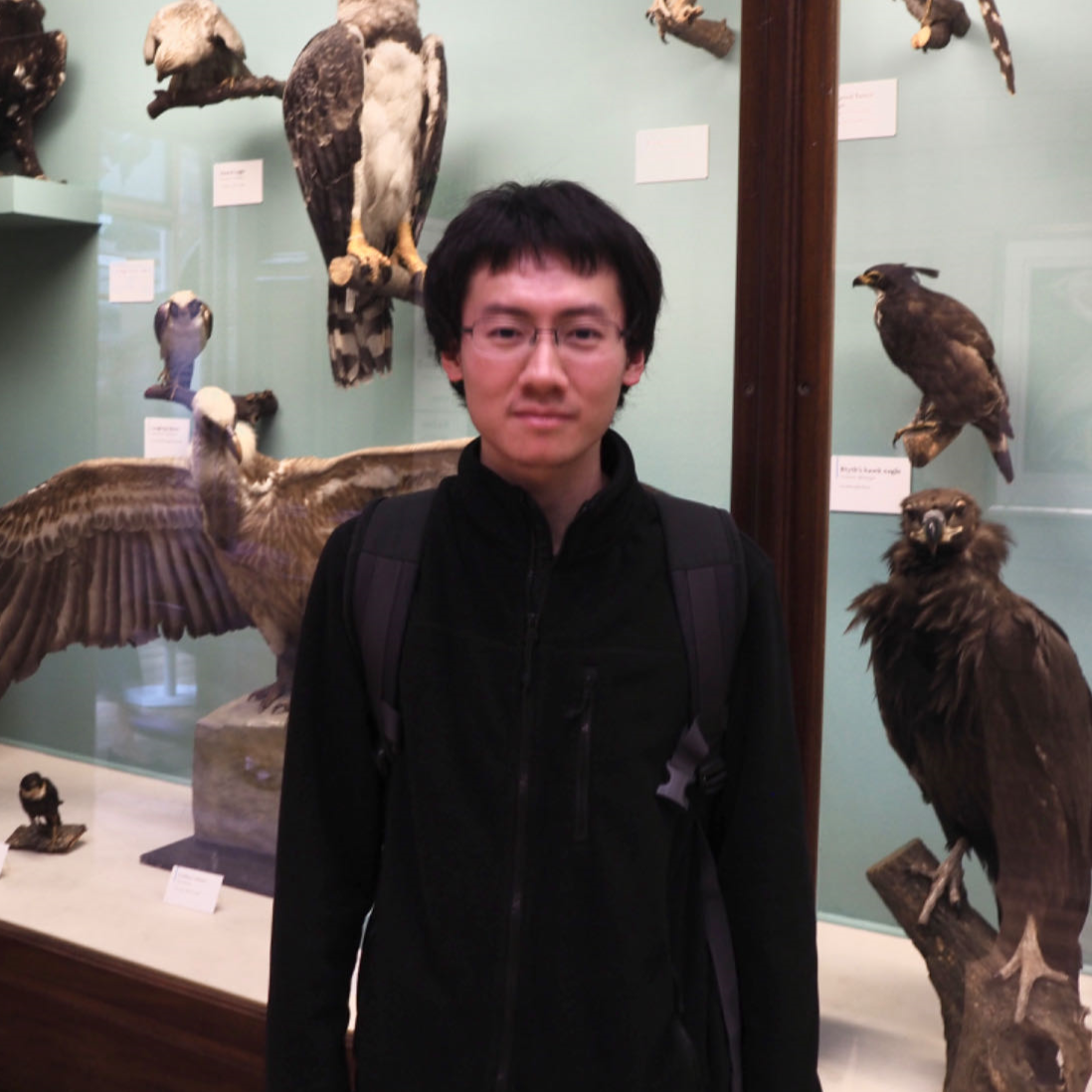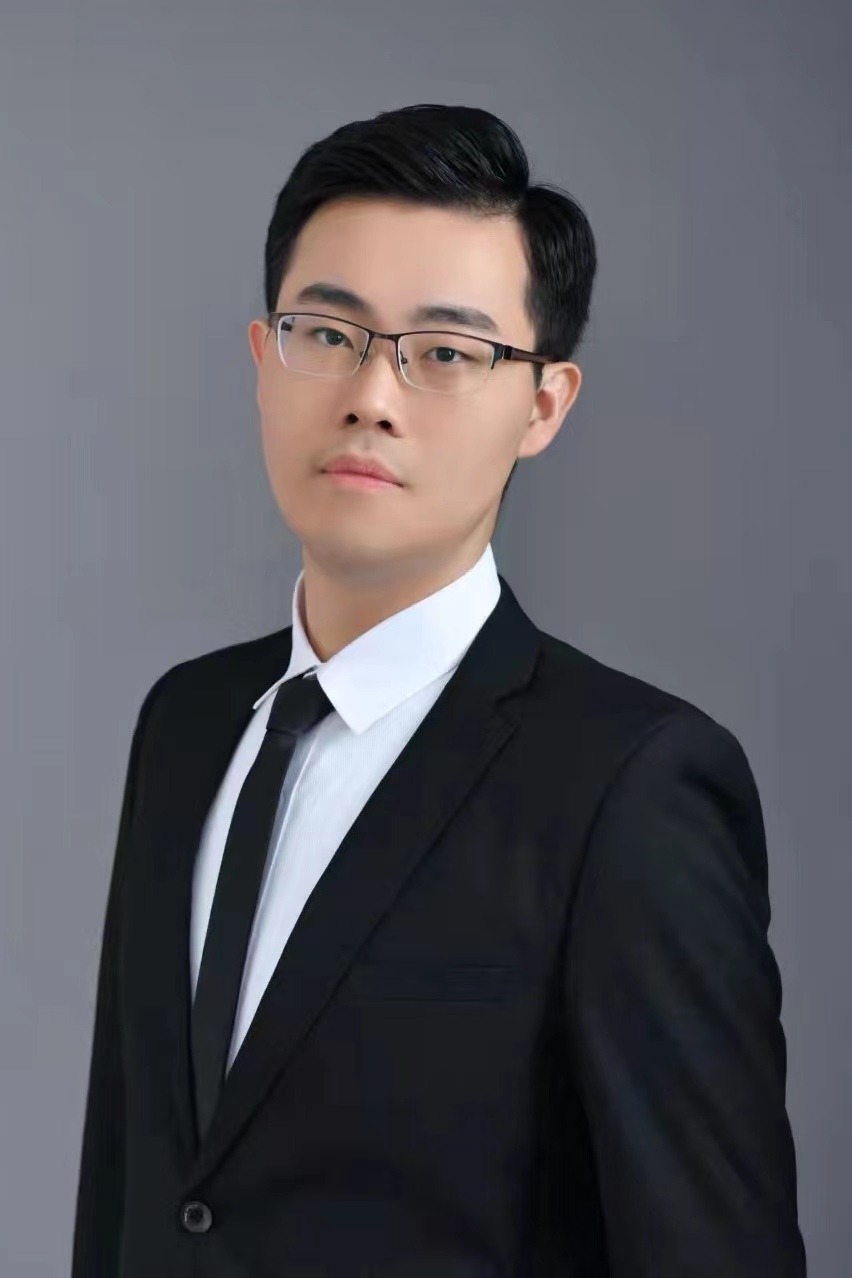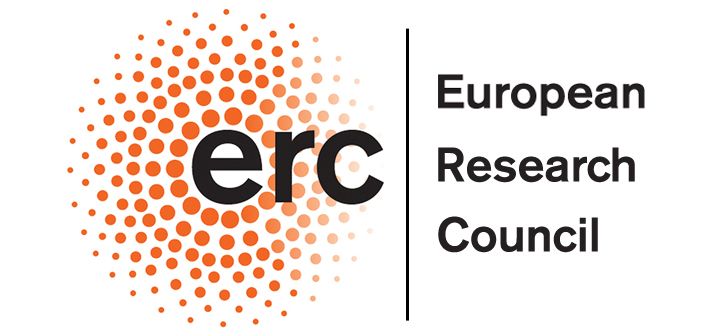People
Group head
My research lies broadly in the theory of computing, algorithms and complexity. I'm exploring the limits of efficient computation and inference, both as a natural and a mathematical phenomenon. This includes computational and proof complexity, satisfiability, algebraic, logical and combinatorial approaches in complexity, and the theory of SAT- and constraint-solving.
Postdocs
(alphabetic order)I am interested in computational complexity and mathematical logic in general, and proof complexity in particular. Previously, I was a postdoc at St. Petersburg Department of Steklov Mathematical Institute, at the Polytechnic University of Catalonia and at the University of Warsaw. Before that, I was a PhD student at Charles University in Prague under the supervision of Jan Krajicek.
PhD Students
(alphabetic order)I am a PhD student at Imperial joining the computational complexity theory group under the supervision of Professor Iddo Tzameret. My research interests are in theoretical computer science, more precisely complexity theory, algorithm design and related areas. Previously, I attended McGill University where I completed both my Master's in computer science under the supervision of Professor Hamed Hatami and my Bachelor's in physics and computer science.
I am broadly interested in discrete mathematics and theoretical computer science. At present, I am a PhD student at Imperial College London and a member of the computational complexity theory group under the supervision of Iddo Tzameret. Before this, I did my MSc at the University of Oxford and my BSc at the University of Kwa Zulu-Natal.
Svyatoslav is a PhD student at the Department of Computing, Imperial College London, supervised by Prof. Iddo Tzameret. Prior to joining Imperial, he received MSc from St. Petersburg Academic University in TSC and BSc from St. Petersburg State University in Statistics. He was working as a Junior Researcher at PDMI RAS and was a researching fellow at the Institute of Mathematics of CAS (Prague) for a year. His research interests include circuit complexity, proof complexity, and extremal combinatorics. He strives to make progress in proving lower bounds on AC0[p] and AC0[p]-Frege.
MSc Students
Alumni
(alphabetic order)I'm postdoctoral researcher at Imperial College London, in the complexity of algorithms group at Imperial. My research interests are in computational complexity and mathematical logic, proof complexity in particular. Previously I was a PhD student at the Polytechnic University of Catalonia working under the supervision of Prof. Albert Atserias. Before that I've completed a master's degree in mathematics at the University of Helsinki and a master's degree in pure and applied logic at the University of Barcelona.
I am broadly interested in discrete mathematics and theoretical computer science. I am a current MSc student in Artificially Intelligence at Imperial and am fortunate to be supervised by Prof Iddo Tzameret. I completed my first MSc with Distinction in Mathematics and Foundations of Computer Science at Oxford under the supervision of Dr Dmitrii Pasechnik. Before that, I obtained my Bachelor of Mathematics degree in Combinatorics & Optimization, Pure Mathematics, and Psychology Minor at the University of Waterloo.
Visitors
- 2022: Robert Andrews (UIUC)
- 2023: Navid Talebanfard (Sheffield)
- 2023: Hanlin Ren (Oxford)
- 2023: Albert Atserias (UPC, Barcelona)
- 2024: Albert Atserias (UPC, Barcelona)
- 2024: Venkat Guruswami (UC Berkeley)

